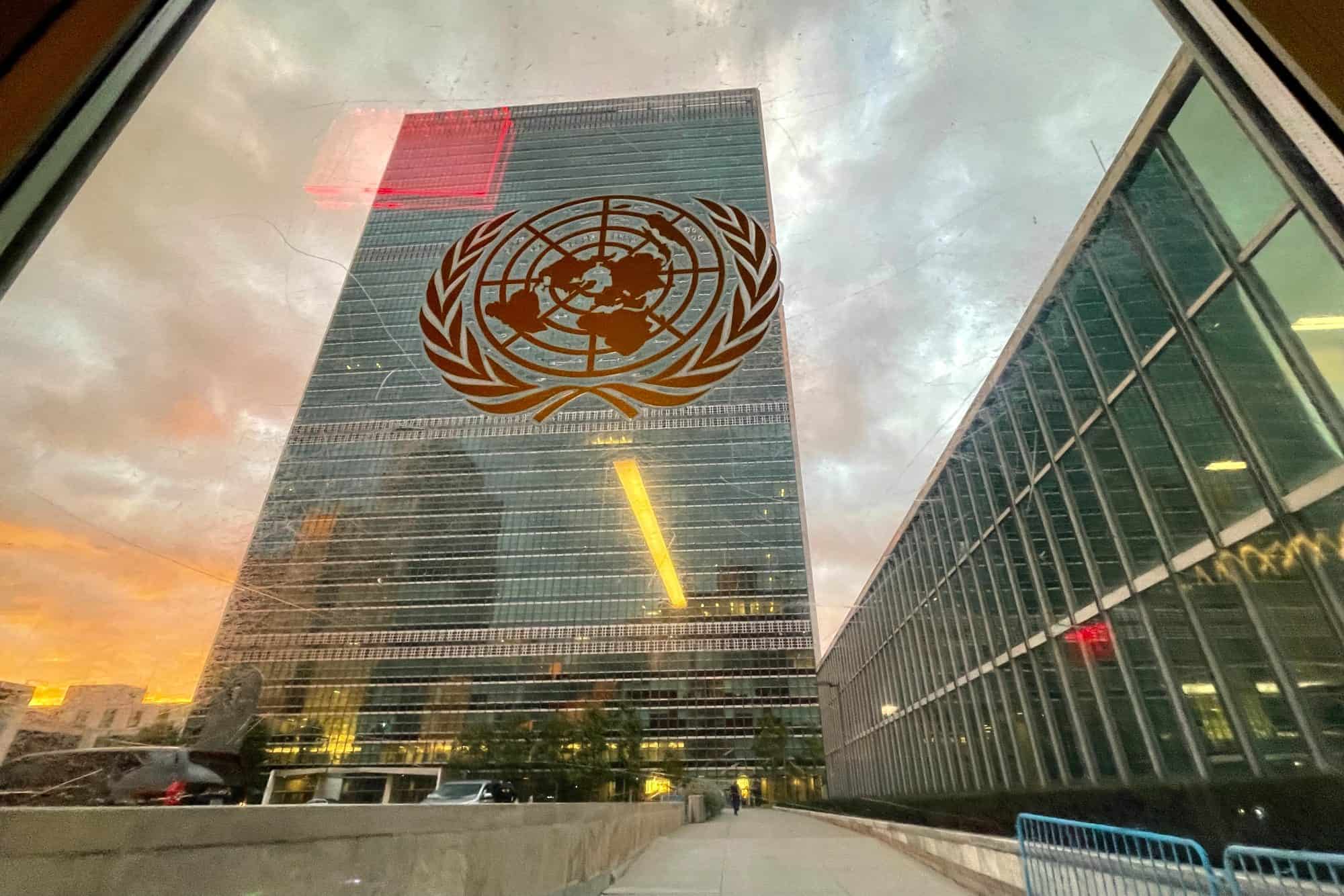Bahrain has stressed the importance of establishing a Middle East zone free of nuclear weapons and other weapons of mass destruction for maintaining regional and international peace and security.
An atmosphere free of the weapons of mass destruction would be in the spirit of the implementation of the 1995 Review and Extension Conference of the Parties to the Treaty on the Non-Proliferation of Nuclear Weapons, according to a statement delivered by Bahrain’s Permanent Representative to the United Nations, Ambassador Jamal Fares Alrowaiei.
Local media reports said the statement was delivered at the Second Session of the Conference on the Establishment of a Middle East Zone Free of Nuclear Weapons and Other Weapons of Mass Destruction, which commenced Monday.
Ambassador Jamal Fares Alrowaiei affirmed the kingdom of Bahrain’s support for the efforts aimed at disarming weapons of mass destruction and their means of delivery and preventing their spread, as the kingdom acceded to the Treaty on the Non-Proliferation of Nuclear Weapons and the Convention on the Prohibition of Biological Weapons in 1988, and the Chemical Weapons Convention in 1997, the reports said.
He added that Bahrain is also a member of all international conventions in the field of nuclear safety, including the Convention on Suppression of Acts of Nuclear Terrorism. He said that the kingdom also ratified the agreement with the International Atomic Energy Agency to implement safeguards within the framework of the Treaty on the Non-Proliferation of Nuclear Weapons and its protocol.
In this regard, he noted that the kingdom established the National Committee on the Prohibition of the Development, Production, Stockpiling and Use of Chemical Weapons and on their Destruction, which monitors all chemical-related activities.
The reports said the ambassador also stressed the inalienable right of all countries to benefit from the peaceful uses of nuclear energy and its many fields of application, and the importance of achieving more benefit in the exchange of nuclear knowledge and techniques between industrialized and developing countries alike.

